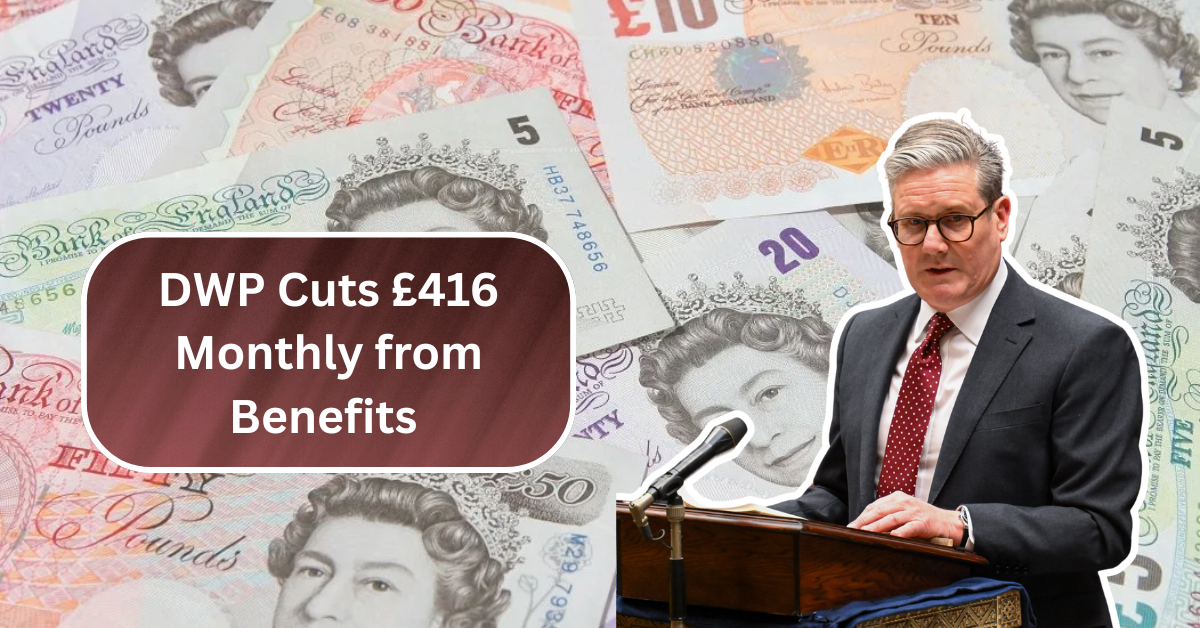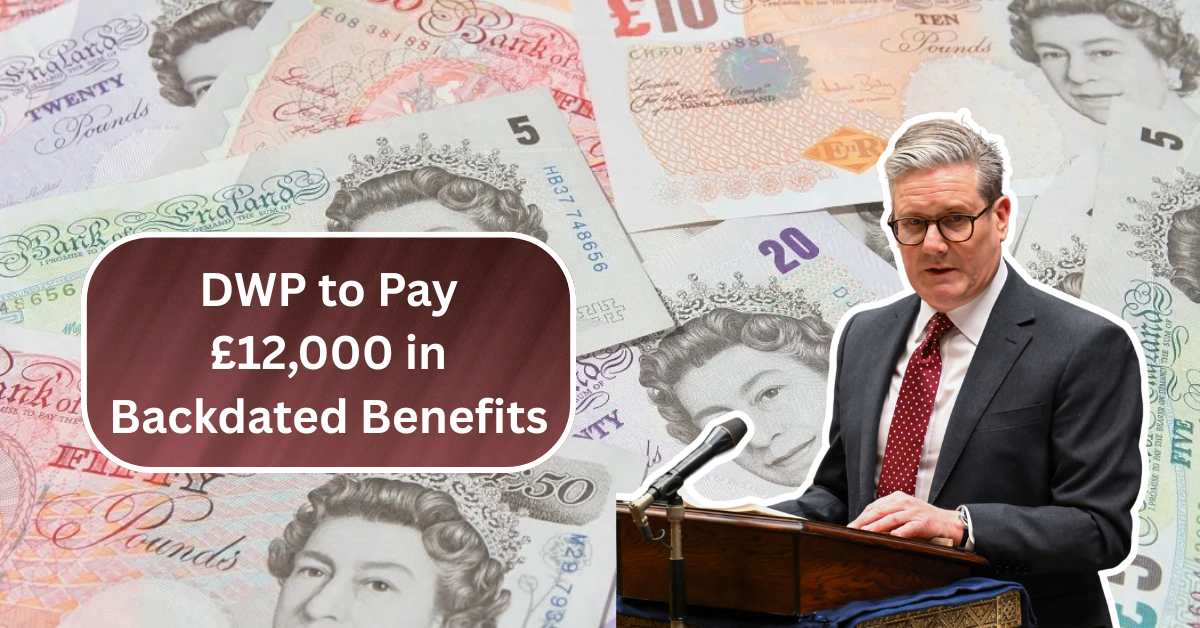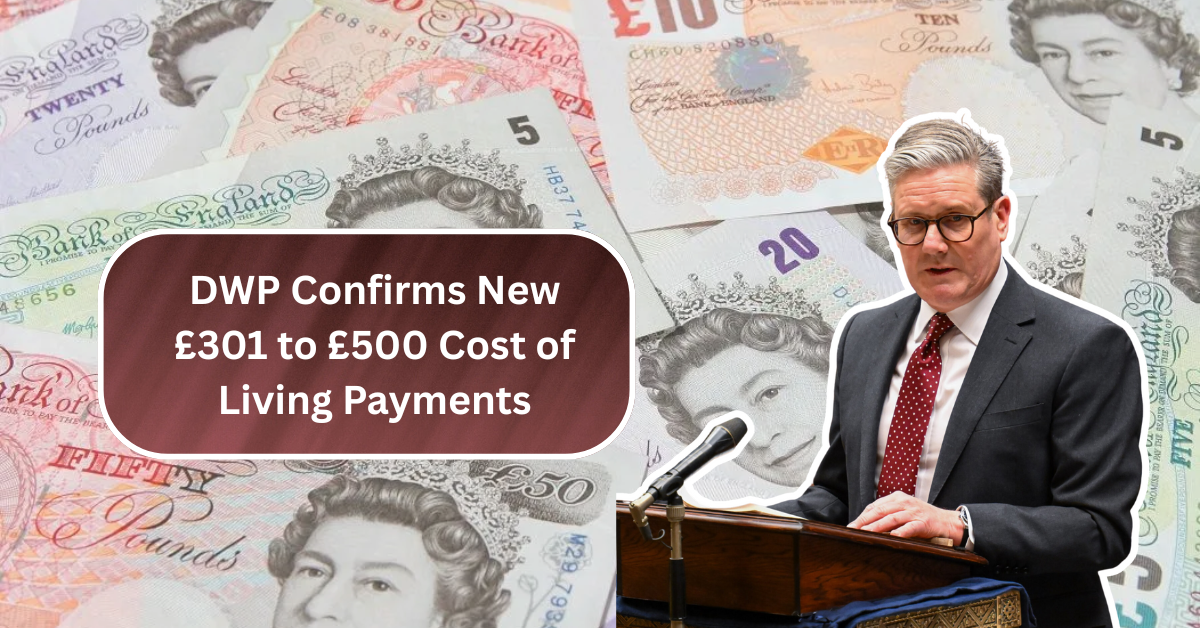The Department for Work and Pensions (DWP) in the UK has announced a major change that will affect thousands of families receiving government benefits. Some families could now lose up to £416 every month, and this news is causing concern across the country.
Let’s break down what this change means, who it will impact, and what you should do if your family is affected.
What is the DWP?
This Article Includes
The Department for Work and Pensions (DWP) is the UK government department responsible for welfare and pension payments. They manage Universal Credit, Disability benefits, Jobseeker’s Allowance, and more.
When DWP makes changes to its rules, it directly affects millions of people who rely on benefits for support with rent, childcare, disability, or unemployment.
What Are the Cuts About?
The cuts are related to a part of Universal Credit called the Work Capability Element, which gives extra money to people who cannot work due to health problems or disabilities.
Until now, many claimants who were too sick or disabled to work received an extra £416 each month. This amount helped them cover essential costs like rent, food, energy bills, and medicines.
But under the new rule, the DWP has removed this extra support for new claimants. People who start claiming benefits after a certain date will not receive this £416 anymore—even if they are unable to work because of serious health conditions.
Why Is DWP Making This Change?
The government says it wants to simplify the benefits system and encourage more people back into work. They believe that with more healthcare support and flexible jobs available, some people can return to work even if they have certain health conditions.
However, many disability charities and campaigners have criticised the move, saying it will increase hardship and poverty among vulnerable groups.
Who Will Be Affected?
This cut will mainly affect new applicants who apply for Universal Credit and are found to have limited capability for work and work-related activity (LCWRA).
Here’s a simple breakdown:
- If you are already receiving Universal Credit with the £416 support, you will continue to get it.
- If you apply after the rule change date, you won’t be eligible for the extra £416, even if you have similar health problems.
- The rule will apply across England, Scotland, Wales, and Northern Ireland.
This means that new claimants with disabilities or serious health conditions will get less money every month than people who started earlier.
How Much Will You Get Now?
Before:
- People who were too unwell to work got Universal Credit + £416/month extra
Now:
- People in the same condition will only get basic Universal Credit, without the £416 top-up
This is a significant cut. Over a year, it adds up to nearly £5,000 lost per person.
How Are People Reacting?
Many organisations are calling this move unfair and dangerous.
Charities like Disability Rights UK and Scope say the change punishes people for being ill. They also say the government has not explained clearly how disabled people are supposed to survive without this essential income.
Some MPs have also raised concerns in Parliament. They believe the timing is especially bad, as the cost of living is still high, and energy bills and food prices are hurting low-income families the most.
What Can You Do If You’re Affected?
If you or someone in your family has a health condition and may need to claim Universal Credit soon, here are a few important tips:
- Apply as soon as possible – If you apply before the official cut-off date (check with DWP or your local job centre), you may still be eligible for the extra £416.
- Get medical proof – Always provide strong medical evidence from doctors, specialists, or hospitals when applying.
- Seek advice – Contact local welfare rights organisations, Citizen’s Advice, or disability support charities to help you understand your rights.
- Appeal if needed – If your benefit is cut or denied, you can appeal the decision through a process called “mandatory reconsideration.”
Final Thoughts
This is a big policy shift that affects some of the most vulnerable people in the UK. While the government says the goal is to encourage people into work, many say it feels like those who can’t work are being left behind.
Whether you’re a student trying to understand how the UK supports people in need, or someone whose family relies on benefits, this is important to know. Being informed helps you make the right decisions, protect your rights, and help others who might be affected too.






